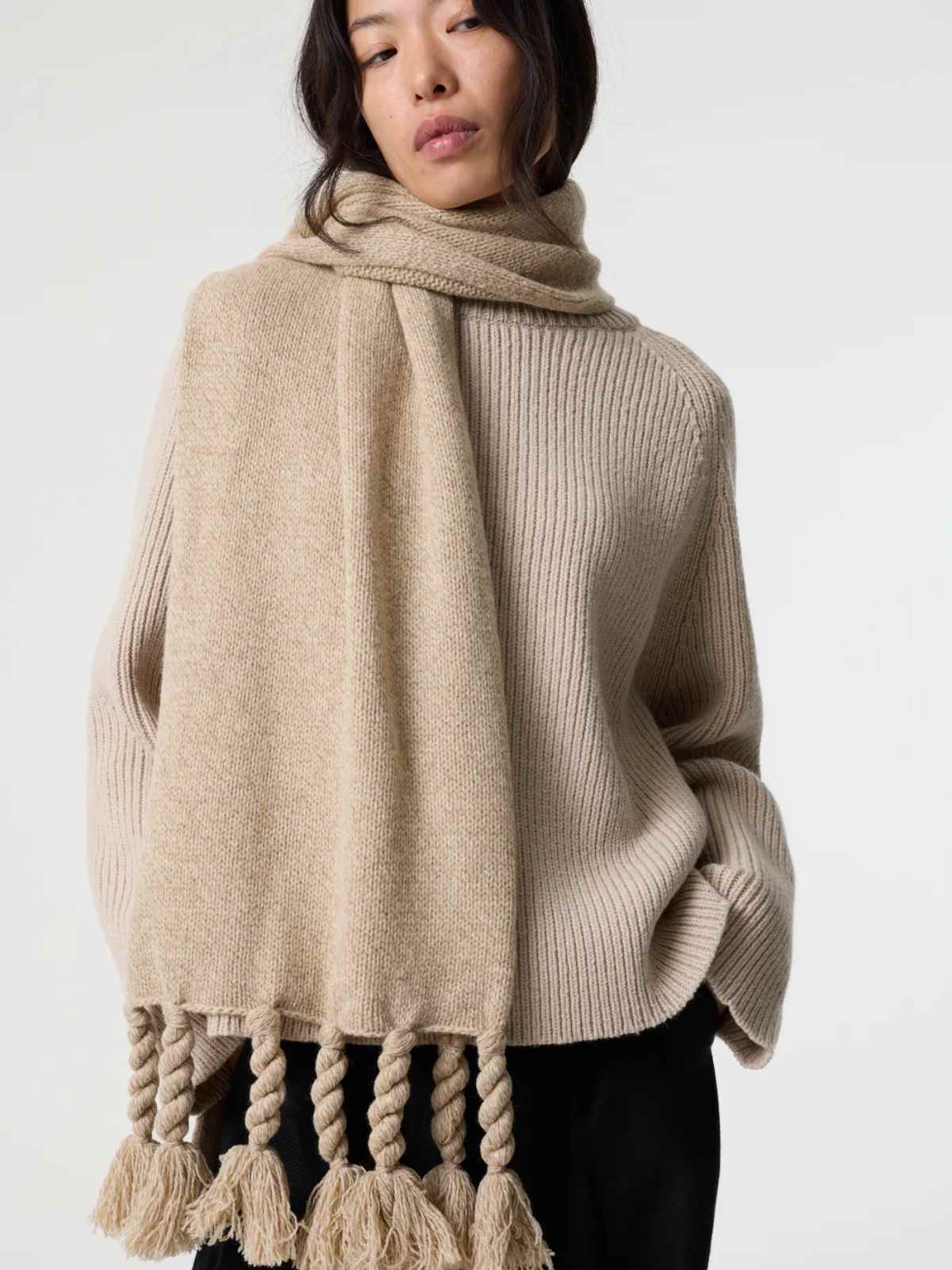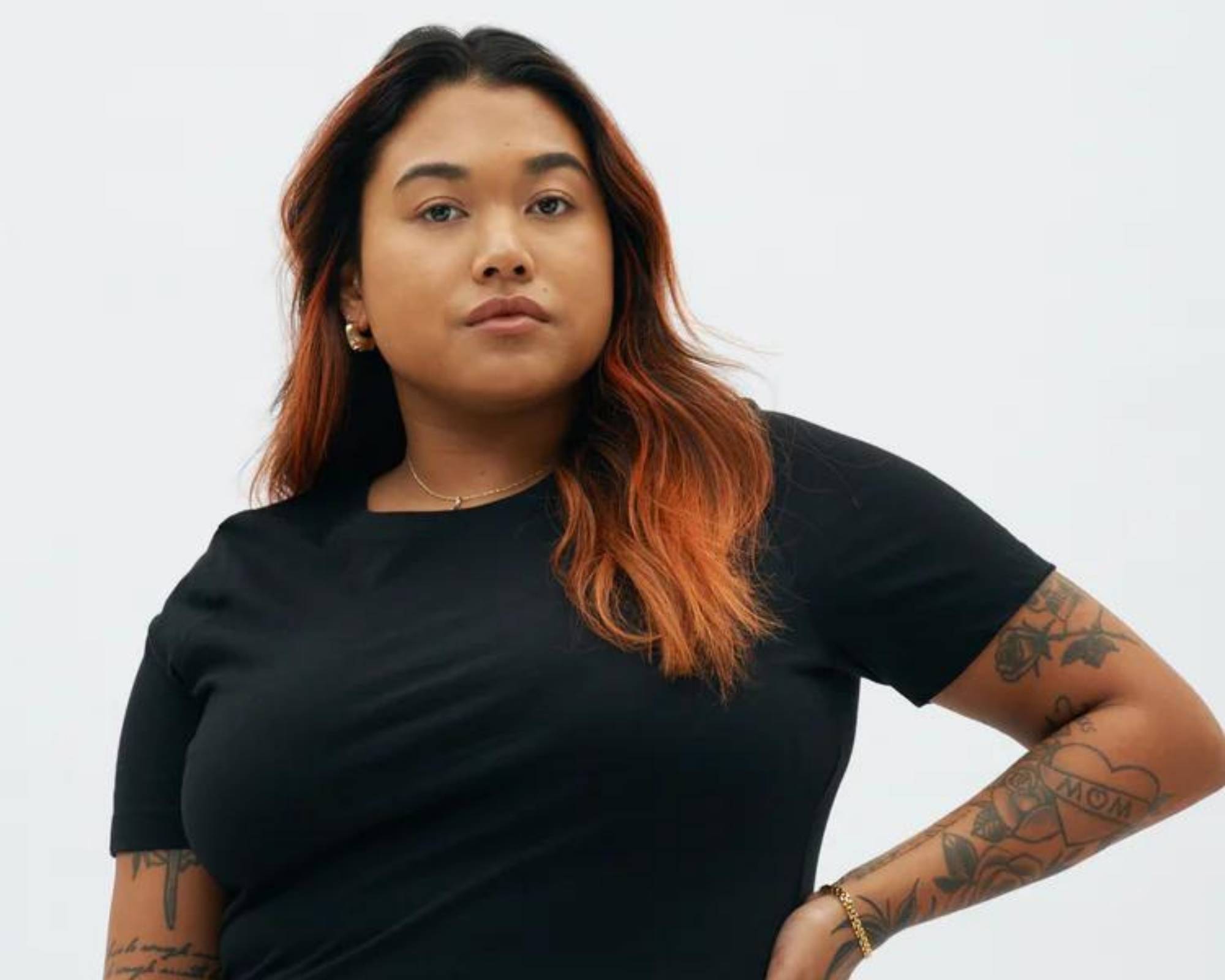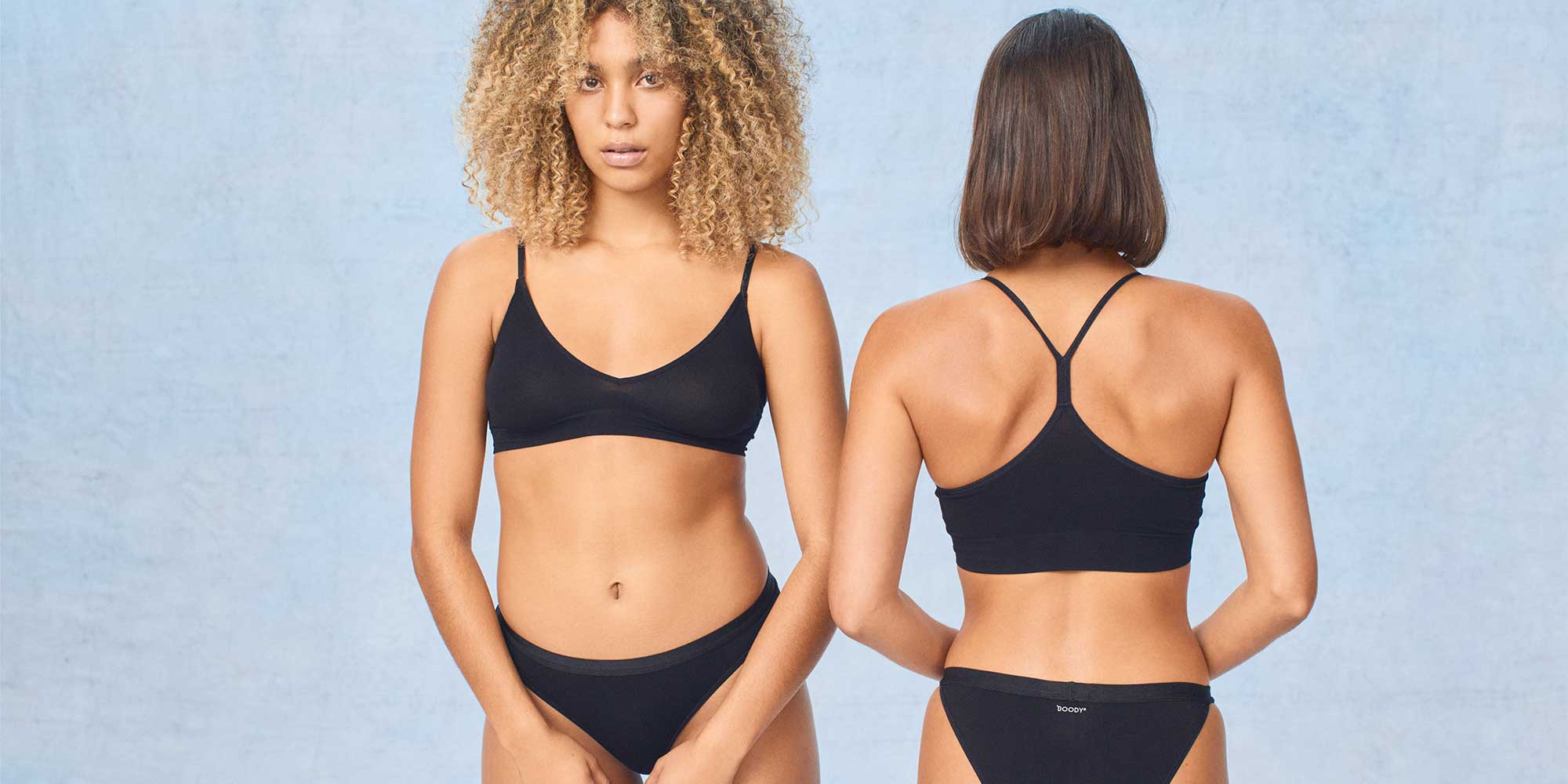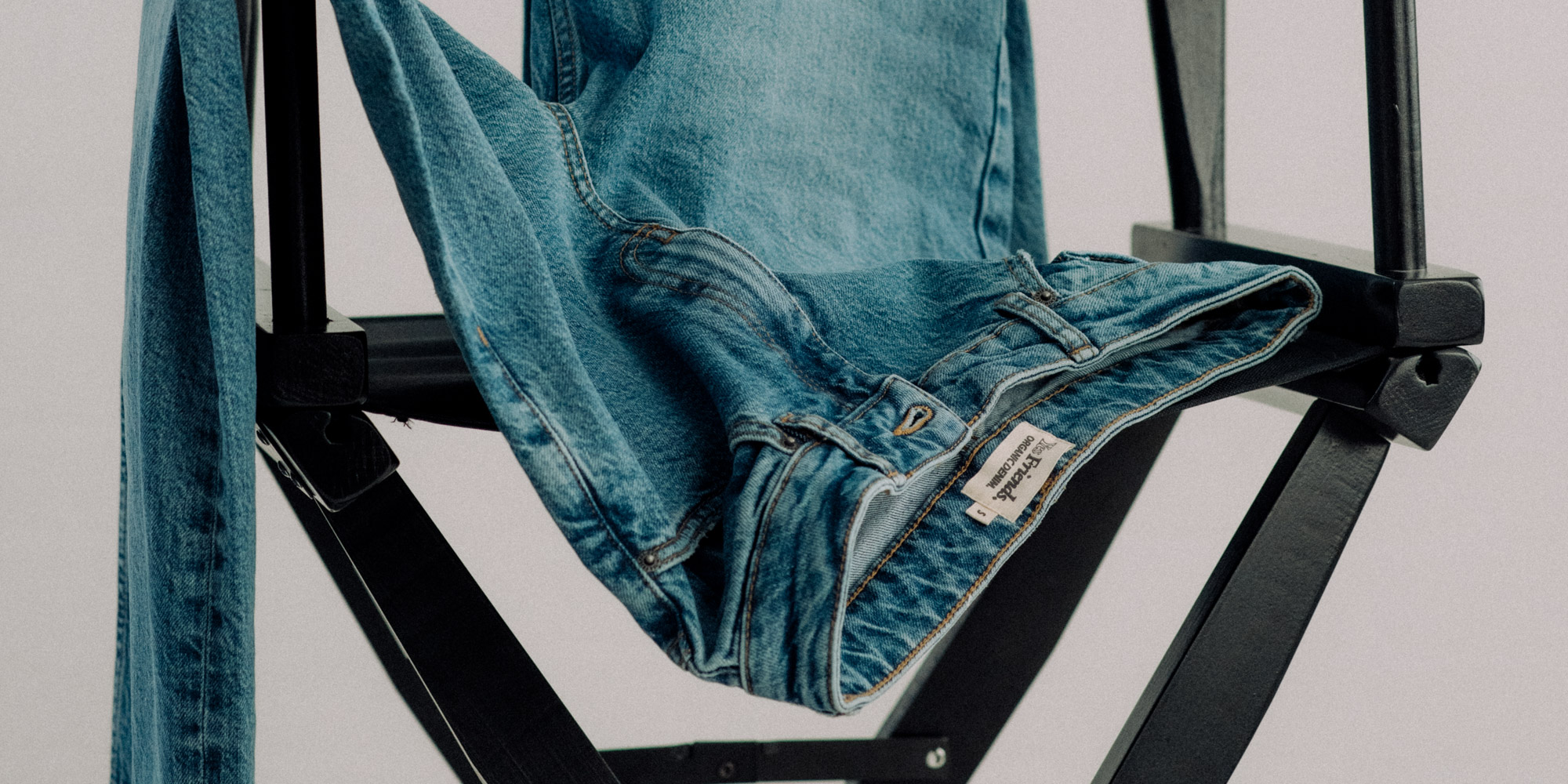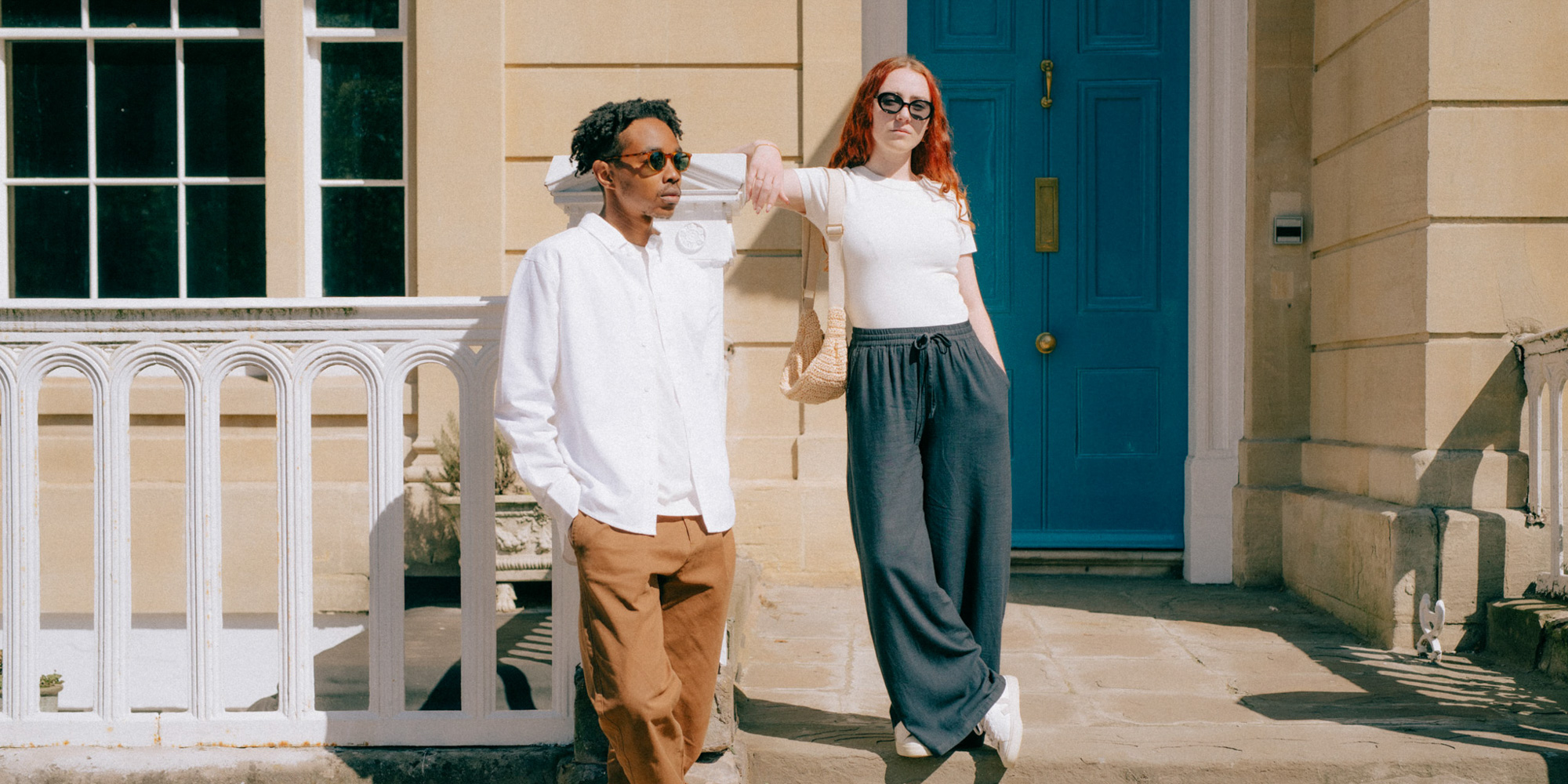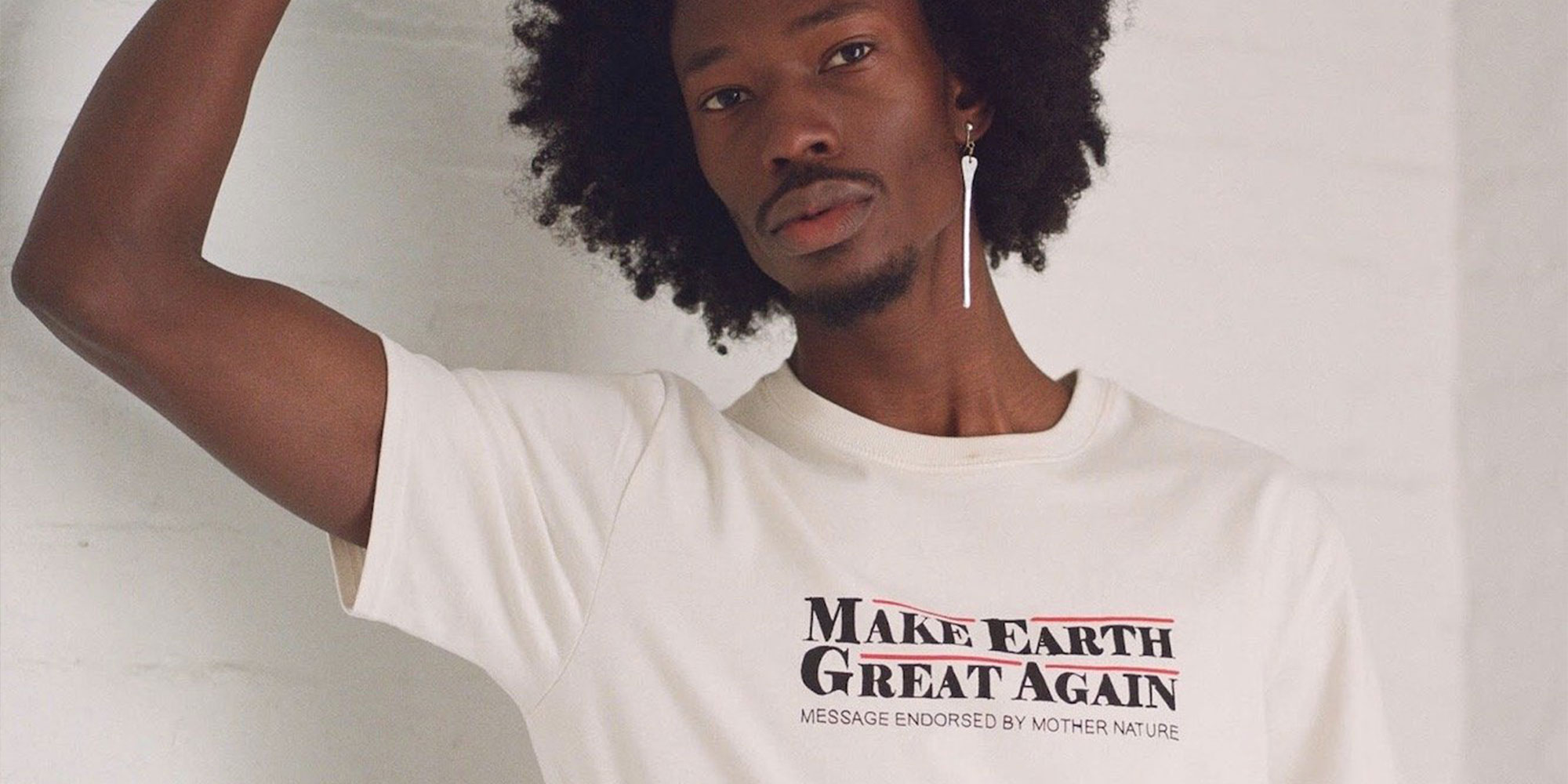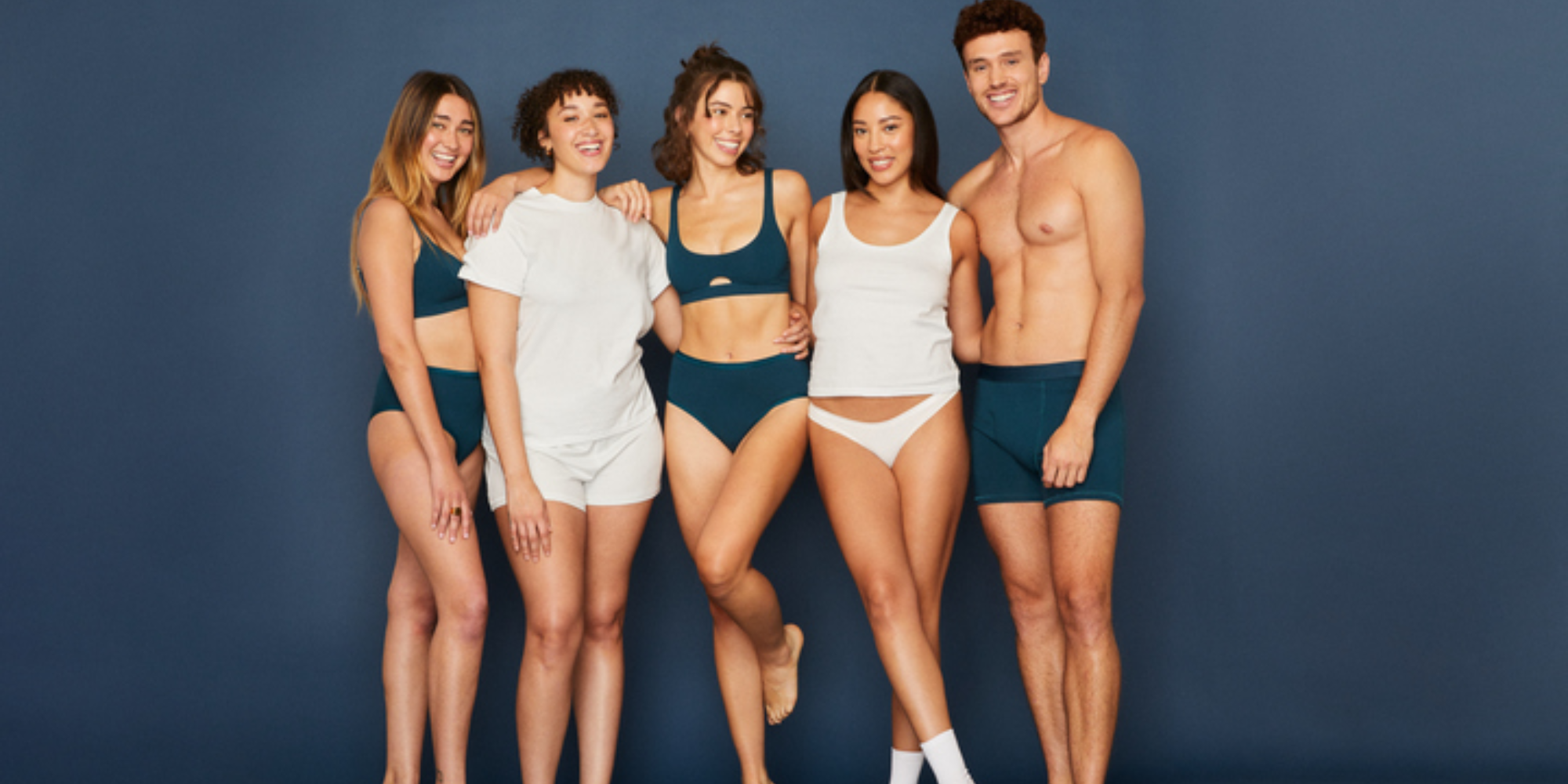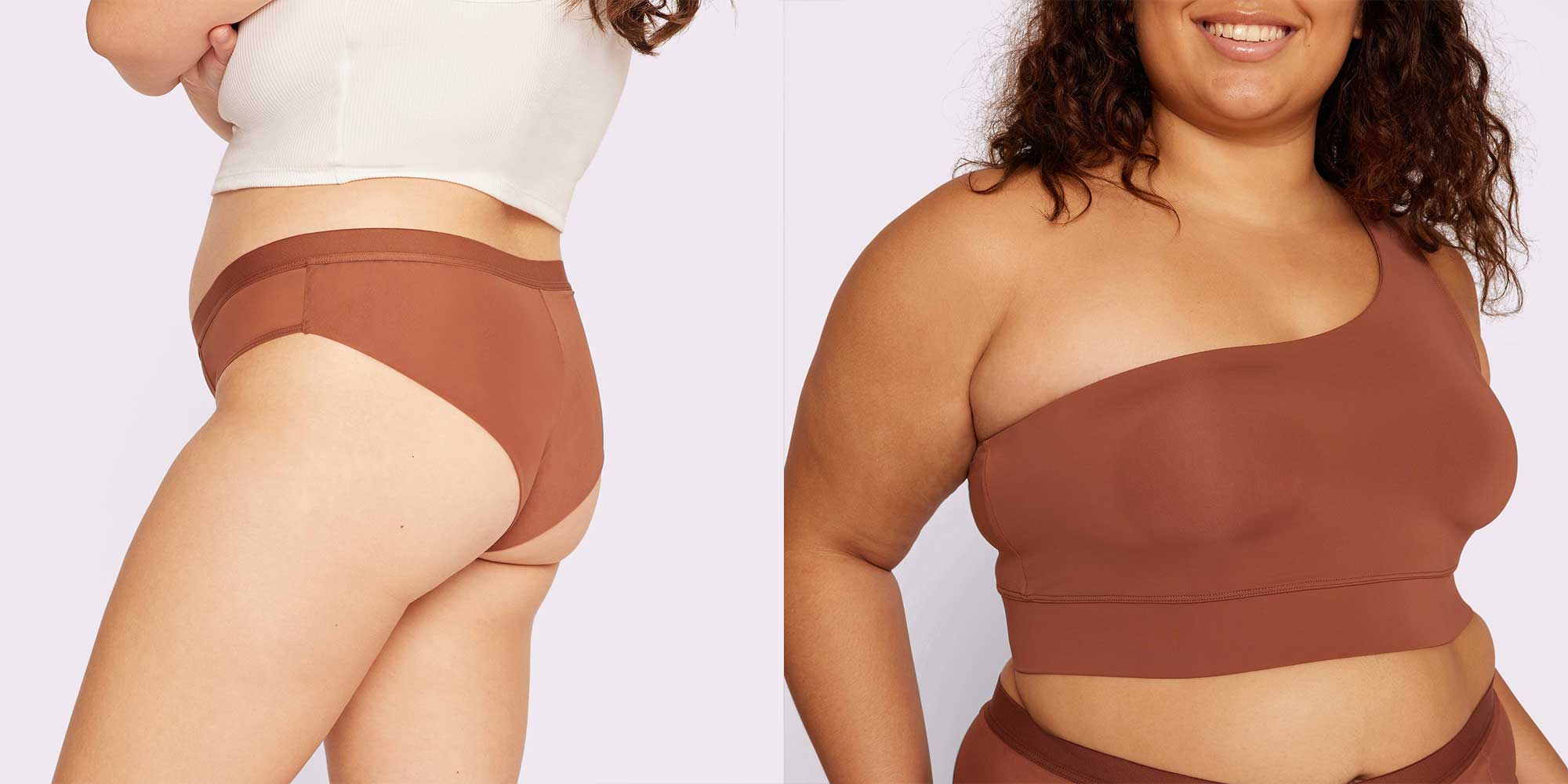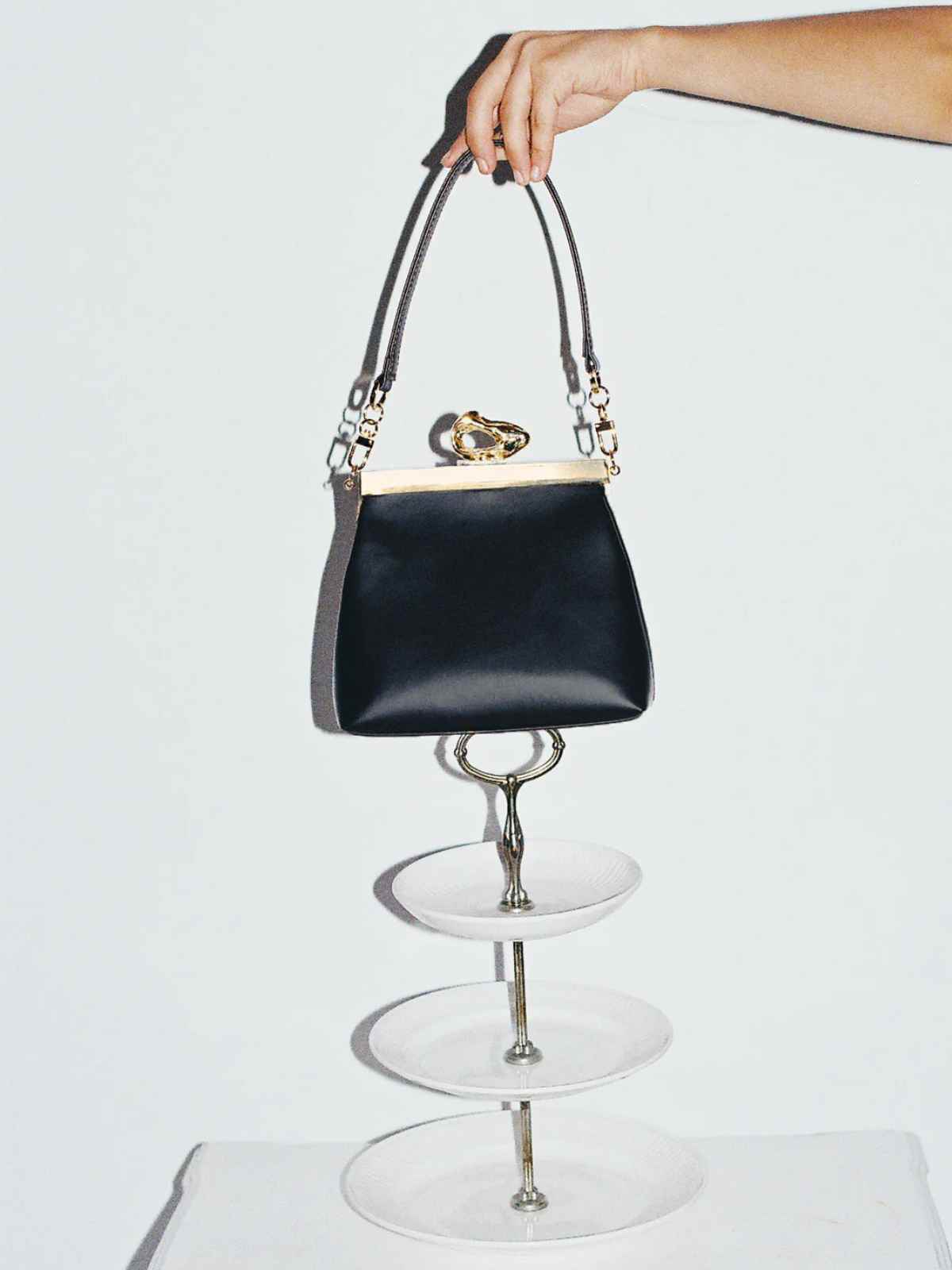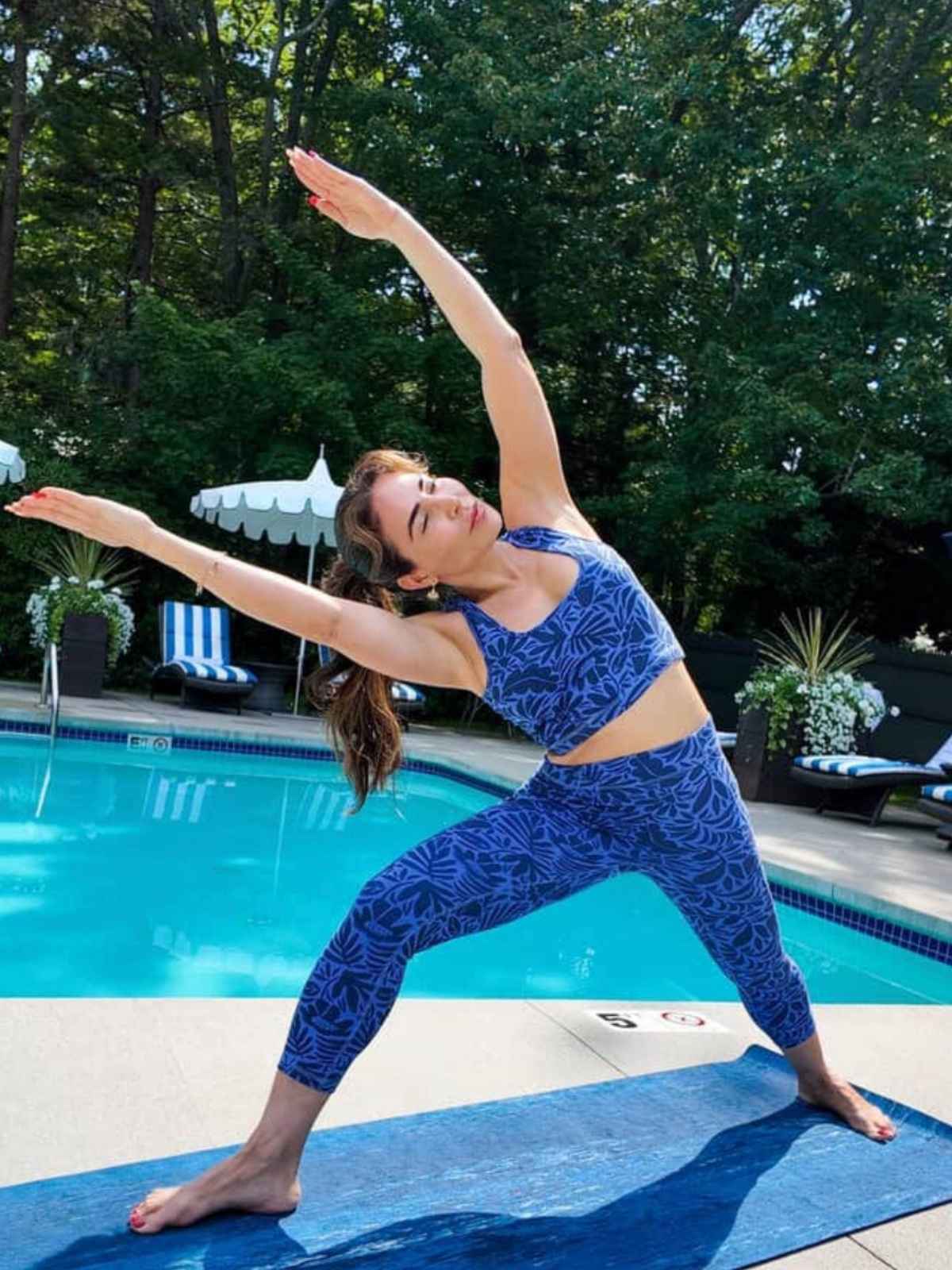We get it—for a lot of people, one look at the price tag on an item of ethical clothing is enough to turn you off for good, but we are here to tell you that it shouldn’t. Read on to find out whether ethical clothing really is as expensive as it seems, and why it’s worth investing in if you can.
Is more ethical and sustainable clothing really more expensive?
There are very good reasons why those little numbers on more sustainable fashion brands’ clothes tags seem an awful lot bigger than they do at the chain retailers down the road, and why we all, as conscious consumers, should push through the temporary pain for the long term gain, if we can.
By now we all know that the negative impacts of fast fashion reach far and wide, and leave us cringing—from the death of thousands of garment workers when shoddy factories collapse, to the poisoning of water systems when producing chemically-intensive cheap synthetic fabrics, to the unspeakable treatment of animals like machines instead of thinking, feeling beings. Needless to say, fast fashion is not the answer.
So, what is the alternative? Enter slow fashion, fast fashion’s much nicer cousin, who is not only better on people, the planet, and animals, but looks damn good, too. Sustainable fashion is in Vogue, baby—literally—but what are the costs associated with making more conscious garments?
Cost of sustainable materials
While you may know that ethical clothing is often made with more sustainable materials like organic cotton, you may not know just how much more expensive it is to produce fabrics that don’t leave a trail of destruction in their wake. There are very strict federal guidelines for materials to be certified organic, from pesticide use to labour rights, which all need to be taken into account.
It may seem counterintuitive, but all the chemical pesticides and synthetic fertilisers actually help to keep the cost down for farmers of conventionally produced fabrics. With less toxic shortcuts comes more time and effort that goes into the planting, growing, harvesting, spinning, dyeing, and cutting of eco-friendly materials.
Cost of paying a living wage
With fast fashion and mass production comes the outsourcing of labour to developing nations. While the outsourcing itself has the potential to boost these economies, when a fast fashion brand gets its claws in and pays pennies, it can afford to offer goods at absurdly low prices. Without access to a living wage, workers and their families remain trapped in a cycle of poverty.
By affording these garment workers not only a living wage, but also basic workplace rights that a lot of us take for granted like sick leave and reasonable work hours, the price of ethically produced clothing increases to something a little more realistic. Not to mention that ecolabels often opt to produce locally, where wages are much higher relative to the cost of living.
Cost per wear
Here’s the thing: clothing prices used to be much higher, and the production of more sustainable fashion actually harkens back to our roots. New clothing more than a few times a year was a rarity quite recently in history, and in just the last twenty years the price of clothing has plummeted to the pitiful prices we see today (looking at you, £1 bikini). We can only echo what the team over at Fashion Revolution had to say about that particular incident: “… when garments are priced as cheaply as single-use items, it implies that our clothing is disposable. And if we buy that message, we are buying into a very ugly side of fashion.”
When garments are priced as cheaply as single-use items, it implies that our clothing is disposable. And if we buy that message, we are buying into a very ugly side of fashion.
Fashion Revolution
Traditionally, clothing was handmade to last a long time, and individual pieces cost today’s equivalent of hundreds of dollars. Only with the boom of globalisation and high-population driven consumer demand did factories start pumping out cheaply made clothing that was only expected to last a few wears—a trend that has, unfortunately, stuck around—especially with the rise of ultra harmful, ultra fast fashion brands like SHEIN.
“Cost per wear” is a rule adopted by many interested in giving their wardrobe an ethical overhaul, or with a particular budget in mind. It takes into account how many uses (or “wears”) you can get per item of clothing, and the more wears, the better the investment. Rather than purchasing five $10 t-shirts that will stretch beyond use after a few wears, consider buying one $40 t-shirt that is designed to last years to come. While the cost per wear of the $10 shirts ends up being a staggering $2, you are looking at a CPW of a few cents for the one that costs more upfront, but way less overall.
The “true cost” of cheap fashion
There is so much more that goes into a price tag than the cost of the fabric. If the “true cost” of fast fashion is the decimation of our planet and the abuse of people and animals, and truly sustainable fashion is produced responsibly and invests in the future—ours, and the planet’s—for those of us who can afford it, it’s a no-brainer.
Cheap prices make us believe they bring about savings for consumers. This may appear true in the short term, with a narrow focus and looking just at the money in our wallets, but all of us, as global citizens, will ultimately end up paying the external cost, the true cost for the unsustainable consumption and production of cheap clothing.
Fashion Revolution
Our mindset as consumers needs to shift away from the culture of instant gratification and materialism that often goes hand-in-hand with exploitation. The unrealistic and unsustainable price points that surround us have warped our expectations, and something’s gotta give.
A note on affordability
Good On You wants to help you find more sustainable options no matter your budget. But as we discussed, we recognise that many responsible brands appear more expensive up front.
Fast fashion has also distorted our view of clothing prices. We now spend much less and buy far more low-quality garments than we did a few decades ago. When taking into account cost per wear, higher-quality items you’ll wear again and again end up costing less in the long run despite the initial investment.
As always, remember that the ethical fashion umbrella includes shopping second hand and rediscovering and restyling what you already own. This is often much more affordable and accessible, and a great way to prolong the life of clothes that would have otherwise ended up in landfill. And for those of us who simply can’t justify large upfront costs right now, there is good news. As sustainable practices become more widespread and the demand increases, the price tag decreases.
We are already seeing various ethical fashion brands producing affordable clothing that is good for people, the planet, and animals—and even your wallet. Here are some of our faves:



